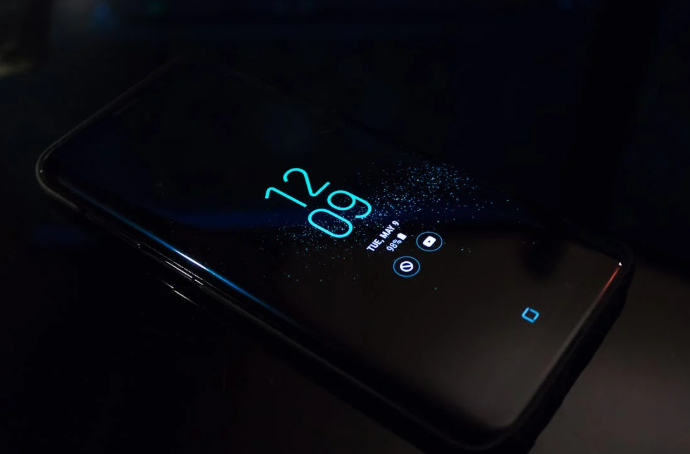U.S. Sen. Lindsey Graham (R-SC) and Sen. Tom Cotton (R-AR) have introduced the Cellphone Jamming Reform Act of 2025, a bill designed to combat the widespread use of contraband cellphones in state prisons. If passed, the legislation would allow state correctional facilities to use jamming technology to block illegal phone communications.
Prison officials, particularly in South Carolina, have long pushed for such measures, arguing that unauthorized cellphones allow inmates to orchestrate criminal activities from behind bars. According to the South Carolina Department of Corrections (SCDC), incarcerated individuals have used smuggled phones to coordinate assaults, drug trafficking, and even sex trafficking operations. The devices are also believed to have played a role in the deadly 2018 Lee Correctional Institution riot, one of the worst prison uprisings in U.S. history.
A Persistent Problem in SC Prisons
Despite strict regulations banning cellphones in prisons, South Carolina correctional officers continue to seize thousands of devices each year. In response, the SCDC launched a pilot program in July 2023 at Lee Correctional Institution, which focuses on deactivating confiscated phones. The initiative has already led to the shutdown of over 2,170 devices, nearly double the facility’s inmate population.
While state officials acknowledge the program’s success, they argue that cellphone jamming technology would provide a more comprehensive solution by preventing inmates from making calls in the first place.
Challenges Under Federal Law
Under current Federal Communications Commission (FCC) regulations, state and local prisons are prohibited from using cellphone jamming technology, even though federal prisons are permitted to do so. Critics of jamming technology, including telecommunications companies, argue that the interference could disrupt emergency 911 calls or accidentally block authorized communications within prison facilities.
To address these concerns, the Department of Justice (DOJ) conducted tests of micro-jamming technology in South Carolina in 2019. This system targets only specific areas, preventing inmate phone use while minimizing disruption to surrounding networks. SCDC officials who observed the test confirmed its effectiveness.
A Renewed Push for Reform
Inmates caught with contraband phones in South Carolina face strict penalties, including loss of privileges, delays in parole eligibility, and revoked good behavior time. However, correctional officials say these punishments are not enough to deter the flow of illegal devices into prisons.
With the Cellphone Jamming Reform Act of 2025, Graham and Cotton aim to empower states to take control of the issue. If the bill passes, South Carolina and other states would be able to implement jamming systems to neutralize the use of illicit cellphones in their prisons, closing what officials call a dangerous loophole in the corrections system.
The bill is expected to face debate in Congress, with law enforcement and corrections officials pushing for its passage while some telecommunications advocates warn of unintended consequences.
Sign up for our Sunday Spectator. Delivered to your inbox every Sunday, with all the news from the week.









